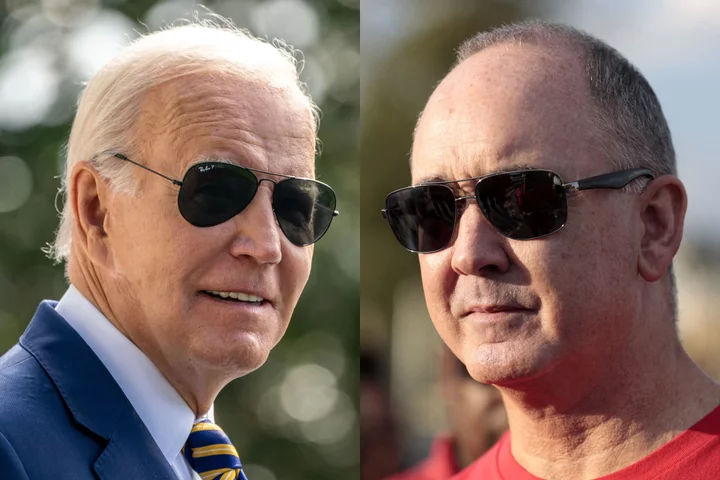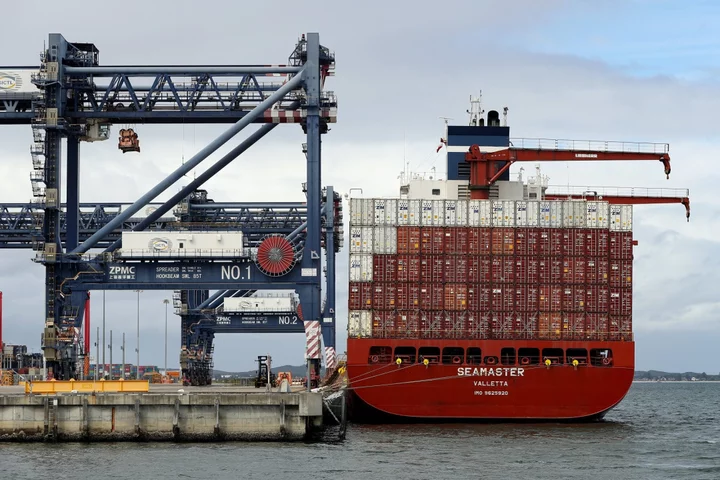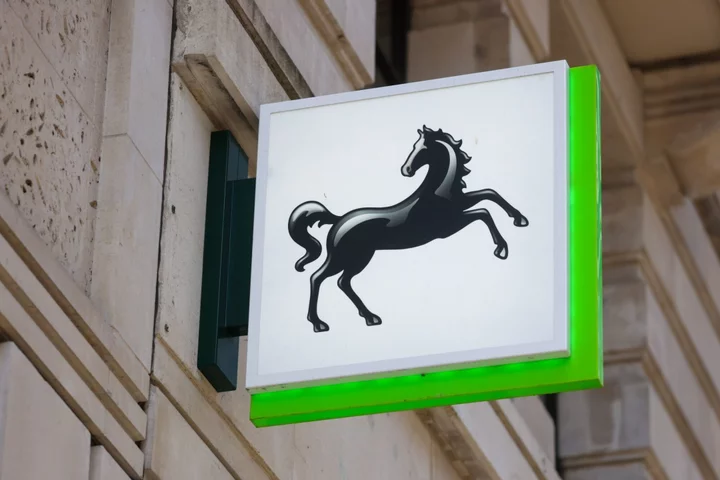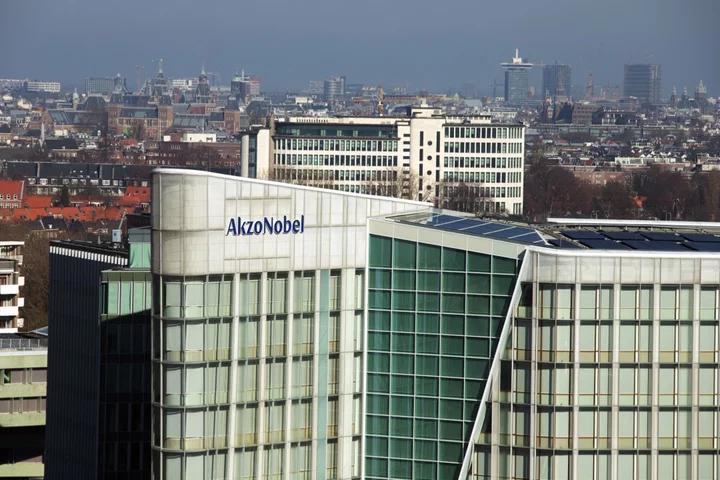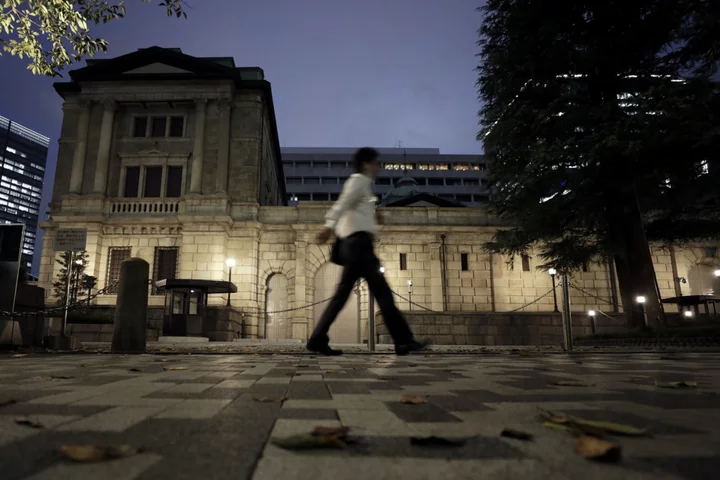Argentina is closing in on a plan to weaken the exchange rate for a fixed volume of corn in a move to bolster exports out of the cash-strapped nation, according to a senior government official.
The exchange rate would be 340 pesos a dollar, said the official who could not publicly discuss the private talks. That’s about 25% weaker than the current rate of 270. Only a limited amount of corn would qualify because Argentina, the fourth-largest corn exporter, has an export quota of 20 million metric tons, or 58% of estimated production, which is subject to change.
The move would unlock sales by growers, whose trades are tied to US dollars, because they would receive significantly more Argentine pesos for deliveries. That could impact the global corn market, potentially adding to volatility caused by the flaring of tensions in the Black Sea and hot weather in the US and Europe.
Exporters so far have locked in 14.5 million tons of corn shipments, with farmers in the midst of the harvest still having plenty on hand to sell.
A government spokesperson did not immediately respond to a request for comment.
Argentina’s official exchange rate is tightly controlled by the government to try to keep inflation in check. That discourages exports because sellers know the peso is overvalued and prefer to wait for depreciation. The government has previously implemented temporary devaluations for soybeans, successfully spurring sales.
Sunflowers, barley and sorghum, a close relative to corn, would get the 340 rate as well. A range of other farm produce — from fruit and vegetables to fish and wine — which currently have a special rate of 300 pesos a dollar through August will also get the 340 rate, the official said.
The new temporary exchange rate would be part of an updated agreement still being negotiated by Argentina on its $44 billion program with the International Monetary Fund, the official said.
Talks have dragged on for months as Economy Minister Sergio Massa, who’s also a presidential candidate, attempts to get more money upfront from the fund in a bid to stave off an even sharper emergency devaluation on all transactions before a key primary vote on Aug. 13.
In return for sending more money sooner, the IMF has insisted on changes to exchange-rate policy to stop the central bank from running out of hard currency, with reserves at their lowest since 2016.
--With assistance from Patrick Gillespie.


